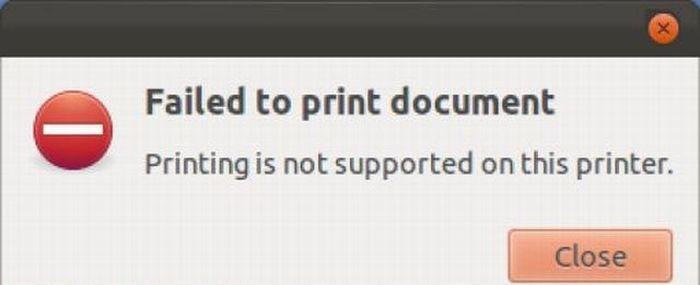Ranter
Join devRant
Do all the things like
++ or -- rants, post your own rants, comment on others' rants and build your customized dev avatar
Sign Up
Pipeless API

From the creators of devRant, Pipeless lets you power real-time personalized recommendations and activity feeds using a simple API
Learn More
Comments
-
It's not uncommon in embedded...
Old unmaintained kernel, some GCC from 10 years ago and compiling...
Compiler has warnings diarrhea shitting all over the screen -
Wait until you see "board support packages".
Oh, and the "devrant" tag is for stuff about devrant.com itself. It's not for "developer rant" because there are only devs here - hence, no finance, HR and management rants as opposed to developer rants. -
@Fast-Nop BSPs are actually really pleasant in Xilinx tools. Since you literally make hardware in the FPGA fabric, as long as you're using a standard interface that Vivado recognises, the tool will generate the BSP for you right there when you open the embedded development environment. And the generated code is pretty pleasant to work with. Same with Altera/Intel's FPGA tools for chips with embedded processors. Both of them have really worked hard to make the UX quite pleasant (compared to your average hardware tool).
It's a much much nicer flow than say, stm32Cube MX or TI's CCS, both of which can just please go die in hellfire
BSPs aren't the problem, it's just the general prevalence of bad tooling and practices in the embedded industry :p -
@RememberMe I meant vendor Linux BSPs for ARM SoCs, that's usually a nightmare to work with because you just can't use them bare metal.
I mean, shit like ST's Cube MX is nasty, but you can just not use it and be happy. -
@Fast-Nop yup, they're an absolute nightmare. Also an absolutely avoidable nightmare but what to do, it'll take too much time to rewrite their code.
Related Rants


 W...w...wha...whaaat?!
W...w...wha...whaaat?! I'm not sure if I should be Happy or Sad about this :/
I'm not sure if I should be Happy or Sad about this :/ Finally! I can switch from English to modern hieroglyphics.
Finally! I can switch from English to modern hieroglyphics.
So who at Xilinx decided that their toolchain should only support a years old Ubuntu version which is buggy and one minor release behind LTS?
devrant
ubuntu
embedded
xilinx